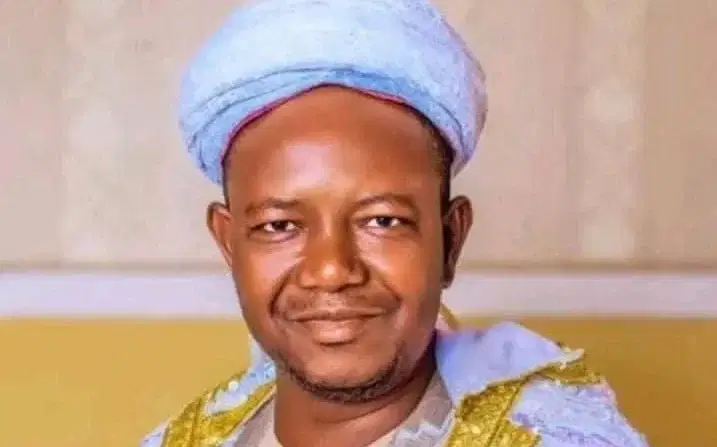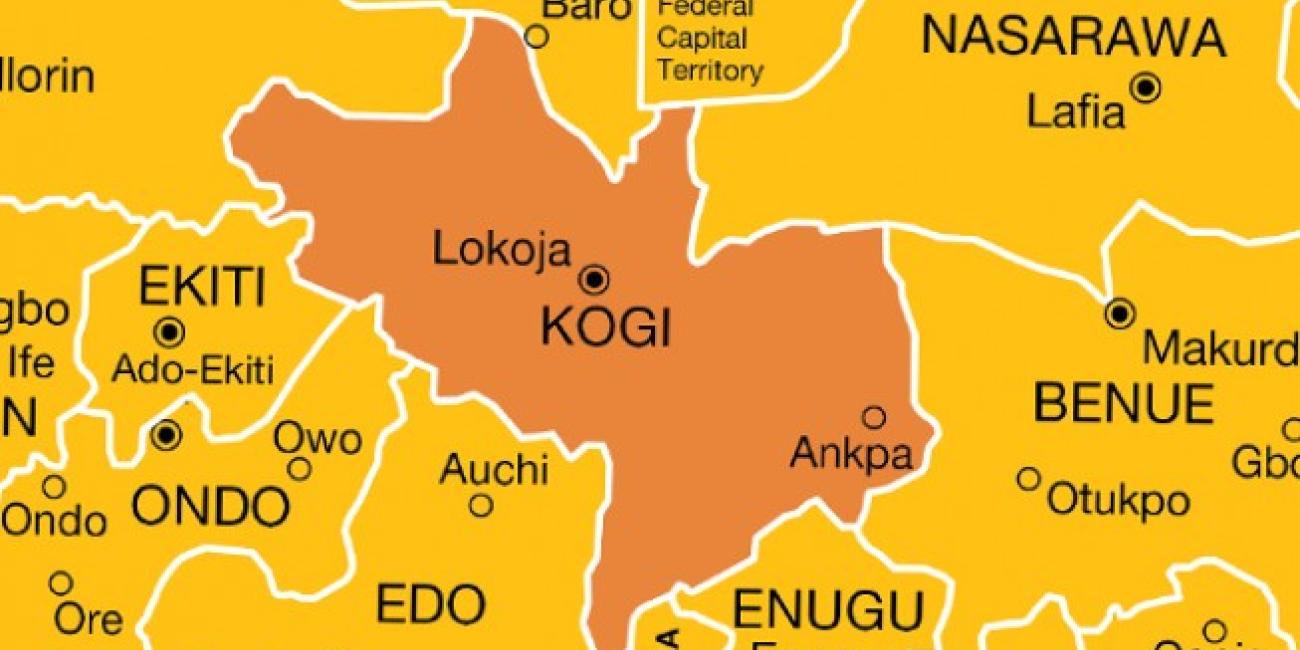AfDB boss Adesina bowing to Buhari at the retreat for ministers in Abuja
President of the African Development Bank Group (AfDB), Dr. Akinwumi Adesina said Nigeria has a debt challenge, with debt service gulping 73 percent of government revenue.
His position is diametrically different from that of President Buhari and Nigeria’s finance minister Zainab Ahmed who interpret the challenge before the nation as revenue generation, amid ballooning national debt.
Adesina spoke today at a midterm retreat for ministers. President Buhari and Vice President Yemi Osinbajo were among the audience.
In his budget presentation to the National Assembly, Buhari in trying to assuage concerns over rising debt said;
‘Some have expressed concern over our resort to borrowing to finance our fiscal gaps. They are right to be concerned. However, we believe that the debt level of the Federal Government is still within sustainable limits. Borrowings are to specific strategic projects and can be verified publicly.
Then he added: “Our target over the medium term is to grow our Revenue-to-GDP ratio from about 8 percent currently to 15 percent by 2025. At that level of revenues, the Debt-Service-to-Revenue ratio will cease to be worrying. Put simply, we do not have a debt sustainability problem, but a revenue challenge which we are determined to tackle to ensure our debts remain sustainable”.
But arguing from a different perspective, Adesina said Nigeria’s debt service to revenue ratio is high at 73%. and urged the government to decisively tackle the challenge.
“Nigeria must decisively tackle its debt challenges. The issue is not about debt-to-GDP ratio, as Nigeria’s debt-to-GDP ratio at 35% is still moderate. The big issue is how to service the debt and what that means for resources for domestic investments needed to spur faster economic growth.
“The debt service to revenue ratio of Nigeria is high at 73%. Things will improve as oil prices recover, but the situation has revealed the vulnerability of Nigeria’s economy. To have economic resurgence, we need to fix the structure of the economy and address some fundamentals.
“Nigeria’s challenge is revenue concentration, as the oil sector accounts for 75.4 % of export revenue and 50 % of all government revenue.”
As of June 30, 2021, the country’s external obligations stood at $33.468 billion, according to the Debt Management Office (DMO).Domestic debt was $53.2 billion.
In Naira terms total national debt was N35.5 trillion.
Nigeria’s Total Public Debt as at June 30, 2021
Akinwumi further stated that what was needed for sustained growth and economic resurgence is to remove the structural bottlenecks that limit the productivity and the revenue earning potential of the huge non-oil sectors.
“Nigeria should significantly boost productivity and revenues from its non-oil sector, with appropriate fiscal and macroeconomic policies, especially flexible exchange rates that will enhance international competitiveness,” he said, according to a report by Leadership newspaper.
The AfDB President further said Africa should be producing and not begging for vaccines.
According to him, the African Development Bank will invest $3 billion in support of local pharmaceutical industries in Africa, including in Nigeria.
“Nigeria must build quality health care systems that will protect its population, today and well into the future.
“Nigeria must also build world-class local pharmaceutical industries, able to effectively tackle the production of therapeutic drugs and vaccines.
“Nigeria must revamp its local pharmaceutical industry and launch strategic investments for local vaccine manufacturing.
“Africa should not be begging for vaccines; Africa should be producing vaccines.
Adesina also further stated the government should not be decongesting the ports in Nigeria, rather “we should be transforming the ports.
“This must start with cleaning up administrative bottlenecks, most of which are unnecessary with multiple government agencies at the ports, high transaction costs or even plain extortions from illegal taxes, which do not go into the coffers of the government.
“Nigeria should rapidly modernise and transform its ports. Ports are not there for revenue generation.
“They are for facilitating business and exports, and stimulating industrial manufacturing, and competitiveness of local businesses and exports,” Adesina said.
He also said it is not the lack of rain that is leading to low food production.
“A little, maybe. That it is insecurity. Yes, maybe, to some extent. That it is middlemen. A little, maybe.
“But, Mr. President, the main reason is that farmers no longer have access to quality improved seeds, fertilizers, and farm inputs at scale.
Farmers across the country are asking for the Federal Government to restore in their words “the popular Growth Enhancement Support Scheme and the e-Wallet system.”
“I would like to urge, Your Excellency Mr. President, please relaunch the ‘Growth Enhancement Scheme’ and the e-wallet system and put millions of farmers at the heart of agriculture — at scale. If this is done, and run well, I can assure you that you will see a dramatic turnaround in national food production,” he added.




